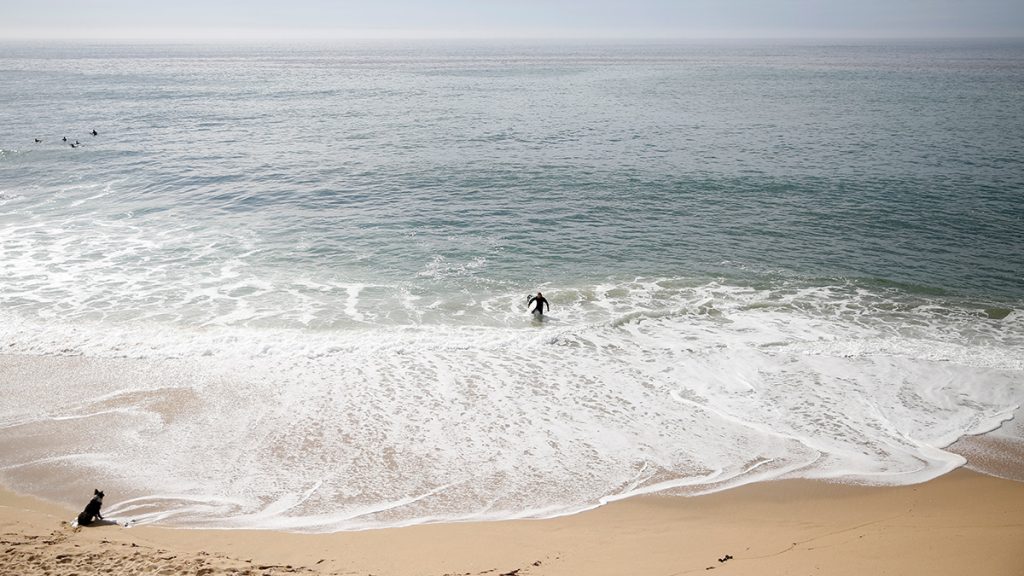For 15 years, venture capitalist Vinod Khosla has been fighting to restrict access to Martins Beach, a popular surfing spot near San Francisco. He purchased a home near the beach in 2008 for $32.5 million and subsequently built a gate blocking public access to the cove. Despite his claims that the gate is legal as he is the property owner, a lawsuit was filed against him challenging this restriction. The case made its way to the U.S. Supreme Court in 2018, where the justices declined to hear Khosla’s appeal, upholding a lower court ruling in favor of the Surfrider Foundation, a nonprofit advocating for beach protection.
Now, the State Lands Commission, a California government agency, is also seeking to prevent Khosla from closing off the beach to the public, citing state law and historical use. Superior Court Judge Raymond Swope recently denied Khosla’s attempt to have the lawsuit dismissed, stating that the agency had provided enough evidence to support their claims. The Commission filed the lawsuit against Khosla in 2020, and a hearing is scheduled where Khosla may request the judge to reconsider his ruling. However, his lawyer did not respond to requests for comment on the matter.
The issue of beach access in California has been a contentious one, with battles between homeowners and the public often lasting for years. Just last year, the public was able to regain access to Escondido Beach in Malibu after a 40-year-long fight, with homeowners agreeing to restore a blocked access point. While the situation in San Francisco does not have as lengthy of a history, the dispute surrounding Martins Beach has been ongoing for over a decade. Depending on Khosla’s next steps, the public may continue to be denied access to the popular beach for the foreseeable future.
The legal battle over access to Martins Beach has attracted significant attention and could have far-reaching implications for public access to California’s coastline. Judge Swope’s recent ruling in favor of allowing the State Lands Commission’s case to proceed signals a potential shift in the ongoing dispute. With multiple entities, including the Surfrider Foundation, challenging Khosla’s restrictions, the final outcome remains uncertain. The fight for public access to beaches in California highlights the delicate balance between private property rights and the public’s interest in enjoying these natural resources.
Khosla’s efforts to restrict access to Martins Beach have sparked debate over the boundaries of property rights and public access. His decision to block off the beach has led to a protracted legal battle with multiple parties involved. The outcome of the case will have implications not only for this particular beach but also for the broader issue of beach access in California. As the dispute continues to unfold, stakeholders on both sides are closely watching how it will ultimately be resolved. The conflict underscores the complex interplay between private property ownership and the public’s right to enjoy natural resources such as beaches.


